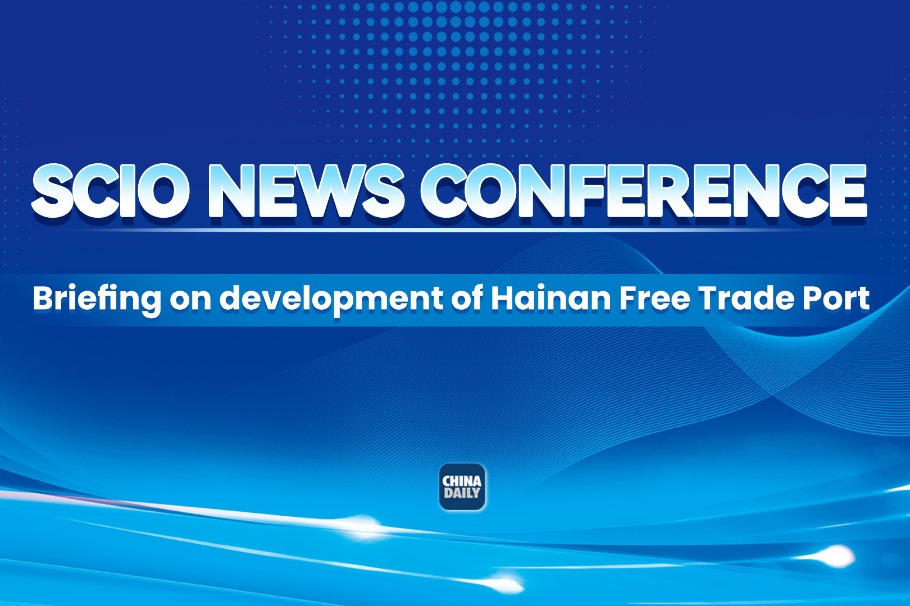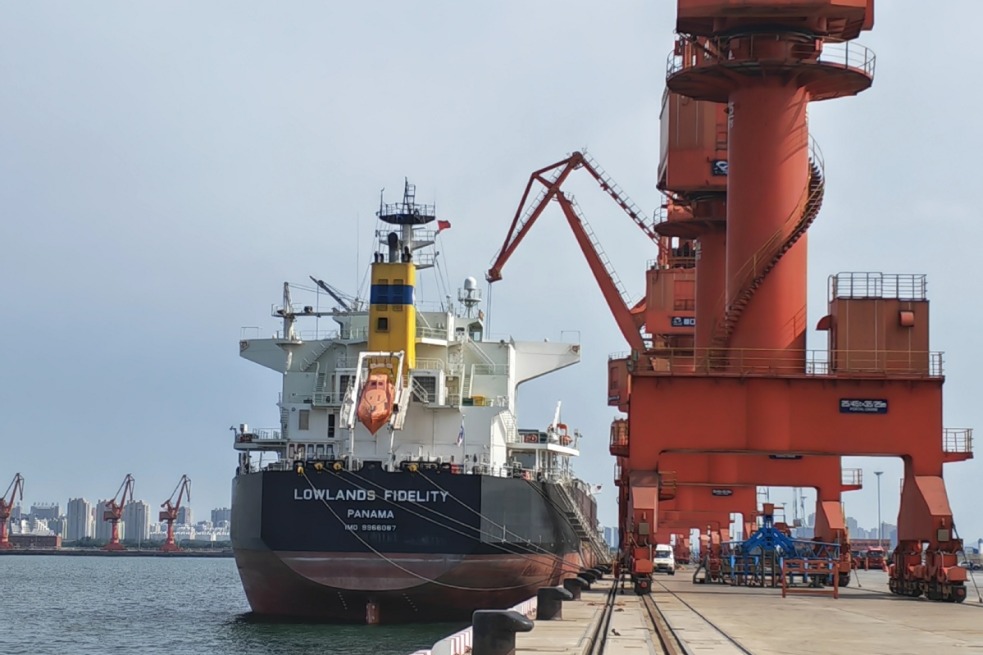US acceleration of offshore critical mineral development raises environmental concerns


WASHINGTON – The United States, under the Trump administration, is intensifying its push for offshore critical mineral development through sweeping policy reforms.
Framed as a strategy for enhancing national security and reducing reliance on foreign supply chains, this accelerated approach is part of a broader effort to secure domestic access to minerals vital for clean energy technologies, defense systems and high-tech manufacturing. However, it is also drawing growing international scrutiny and sparking debate over its implications for environmental protection and global ocean governance.
Critical minerals such as nickel, cobalt and rare earth elements underpin the transition to a low-carbon economy, and are increasingly recognized as strategic assets. The surging demand for these resources has exposed vulnerabilities in global supply chains, particularly for countries reliant on imports. In response, the US has moved to modernize its regulatory framework and assert greater control over untapped offshore mineral reserves — an approach some critics view as prioritizing economic advantage over multilateral cooperation and environmental safeguards.
On June 25, the Trump administration rolled out a comprehensive overhaul of offshore mining regulations through the Bureau of Ocean Energy Management (BOEM) and the Bureau of Safety and Environmental Enforcement (BSEE). These reforms aim to streamline permitting, reduce bureaucratic delays, and provide greater regulatory certainty for industry stakeholders. While proponents argue these changes will accelerate investment and innovation, environmental advocates warn they may come at the expense of critical oversight and scientific due diligence.
The regulatory overhaul follows an executive order signed by Donald Trump in April, directing federal agencies to expand offshore mineral exploration and extraction within US jurisdiction. The Department of the Interior's new rules serve as the operational arm of this directive, simplifying administrative procedures even as questions persist about the adequacy of environmental and safety oversight under the expedited framework.
A key motivation behind this policy shift is the United States' heavy reliance on imported critical minerals — particularly from China, which dominates global rare earth supply chains. With global demand expected to continue rising, Washington views this dependency as a strategic vulnerability. Advocates of the new reforms argue that accessing offshore mineral deposits, including polymetallic nodules found on the seafloor, could help diversify supply sources and enhance national resilience. Yet the scientific community cautions that much remains unknown about the ecological consequences of deep-sea mining.
"America must lead in securing the critical minerals that power our economy, protect our security and support modern life," said Acting Assistant Secretary of the Interior Adam Suess. While this message of resource independence resonates in Washington, critics argue that it risks sidelining long-term environmental risks and the importance of upholding international legal frameworks.
Some of the most notable regulatory changes are that early-stage prospecting permits have been extended from three to five years, while low-impact activities such as mapping and sampling will now be subject to simplified approval procedures. The leasing process has also been accelerated, with BOEM no longer required to issue a Request for Information or form a multi-agency task force before identifying development zones. Though the US Geological Survey (USGS) continues to assess environmental risks and resource potential, some scientists question whether the revised timelines allow for adequate ecological review — particularly given the fragile and largely unexplored nature of deep-sea environments.
While the US Department of the Interior asserts that core environmental protections remain intact, concerns persist about the long-term cumulative impacts of these policy shifts. Environmental watchdogs caution that the push for speed and regulatory certainty could weaken essential safeguards in an industry with still-uncertain consequences for marine ecosystems.
The reforms have far-reaching implications for the future of US offshore mining. For industry stakeholders, they promise shorter permitting timelines, reduced compliance costs and improved investor confidence. In a global context, the changes could give US firms a competitive edge over counterparts operating under more restrictive regimes. However, they also risk contributing to a global race toward deep-sea exploitation, potentially lowering international standards in the absence of strong multilateral frameworks.
International reactions have been mixed. China has criticized President Trump's executive order to expand deep-sea mining, describing it as a violation of international law and a move that undermines the broader interests of the global community. Similarly, the European Union has expressed "deep regret” over the US decision, arguing that it bypasses ongoing negotiations within the International Seabed Authority (ISA), the body established under the United Nations Convention on the Law of the Sea (UNCLOS) to oversee activities in areas beyond national jurisdiction.
Other nations are taking more measured or pragmatic approaches. Japan is proceeding with rare earth test mining near Minamitori Island while emphasizing international cooperation and environmental responsibility. South Korea is developing new laws to support offshore mineral activities with sustainability provisions. New Zealand, which previously advocated for a global moratorium, is reportedly reconsidering its position, though still prioritizing strict environmental regulations. Canada has reaffirmed its support for a moratorium, calling for comprehensive ecological assessments before any deep-sea mining commences. Meanwhile, Norway is cautiously advancing seabed mining plans along its continental shelf amid domestic and international pushback from environmental groups.
As Washington advances its offshore mineral agenda, its credibility as a responsible actor in global ocean governance will face growing scrutiny. Striking a balance between national interests, environmental protection and multilateral cooperation will be essential. While supporters argue that the recent reforms reflect strategic urgency and overdue regulatory modernization, critics contend that true global leadership requires science-based decision-making and adherence to international legal frameworks — not unilateral actions driven by short-term geopolitical calculations.
Whether the United States can lead on critical mineral development without compromising environmental stewardship or international norms remains an open — and pressing — question.
Meanwhile, China has taken a more multilateral approach by actively participating in the ISA and operating within its regulatory system. As the only country holding multiple ISA exploration contracts across different ocean zones, China emphasizes international cooperation, scientific research and the principle of the "common heritage of mankind”. Its engagement reflects a stated preference for collective governance over unilateral initiatives in managing deep-sea resources.
Nong Hong is the executive director and senior fellow with the Institute for China-America Studies. The views don't necessarily reflect those of China Daily.
If you have a specific expertise, or would like to share your thought about our stories, then send us your writings at opinion@chinadaily.com.cn, and comment@chinadaily.com.cn.


































